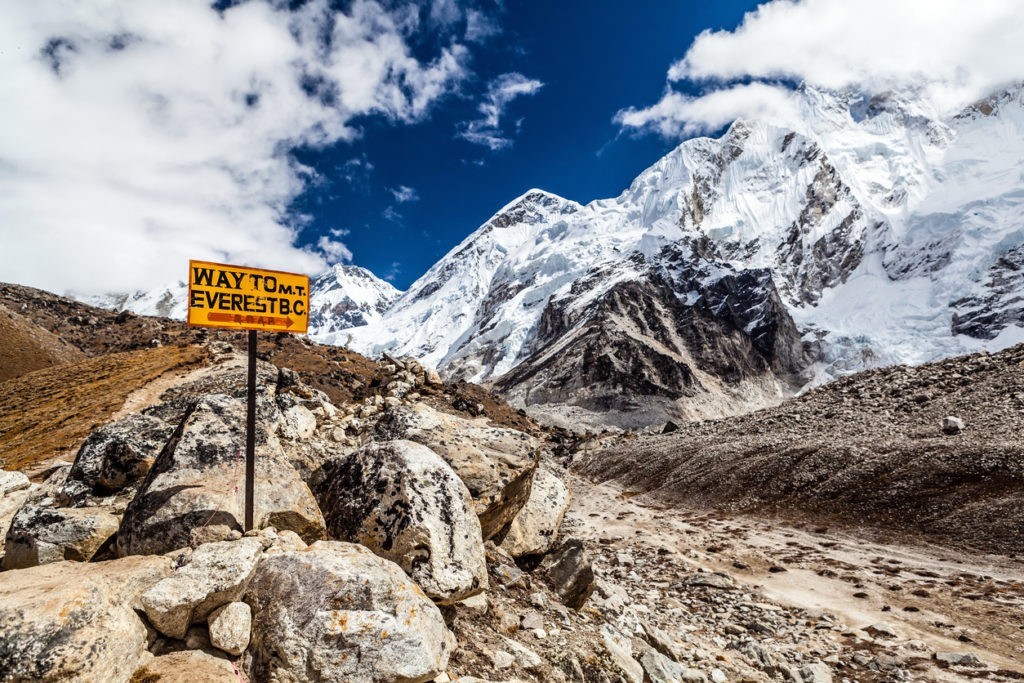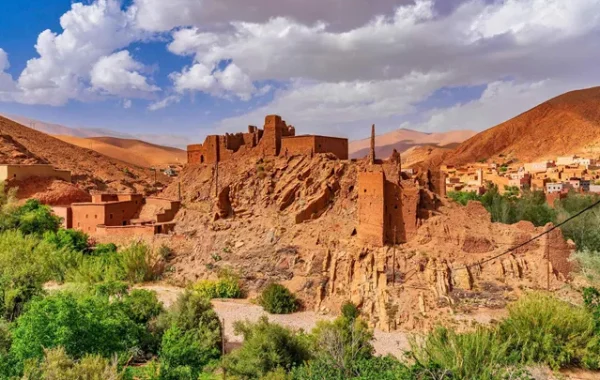Nepal is thinking of shifting Mount Everest’s current base camp to another place due to the risk of melting glaciers in the region, Qantas Group and Airbus will invest up to US$200 million to accelerate the establishment of a sustainable aviation fuel (SAF) industry in Australia and more in top stories of the day.
Nepal might shift Everest Base Camp as melting glaciers pose risk
The government of Nepal is thinking of shifting Mount Everest’s current base camp to another place due to the risk of melting glaciers in the region. Apparently, global warming and unattended human activities are making things difficult. The present location is getting unsafe day-by-day, according to a senior official. Set at a height of 5364 metre, the current base camp is on the Khumbu glacier. Every climbing season, some 1500 people gather here. And now the glacier is thinning at a rapid rate because of climate change.
Nepal tourism department held an informal meeting where officials discussed shifting the base camp of Mt Everest. Though nothing is decided yet nor the new base has been identified. A number of researchers have warned the country that the glaciers near the Everest summit are melting at an alarming rate.
India to get its first Dark Sky Reserve in Ladakh
A tripartite agreement was signed between the Indian Institute of Astrophysics, the Ladakh Union Territory Administration, and Ladakh Autonomous Hill Development Council in order to form India’s first ever Dark Sky Reserve at Hanle in Ladakh. The area falls under Changthang Wildlife Sanctuary. This concept of a dark sky reserve is surely a first for India. And definitely a first for the region of Ladakh.
The idea is to boost local tourism through science and in the process, we will be able to learn a whole lot about astronomical observations.
Qantas and Airbus joint investment to kickstart Australian biofuels industry
Qantas Group and Airbus will invest up to US$200 million to accelerate the establishment of a sustainable aviation fuel (SAF) industry in Australia in a landmark agreement.
Due to the lack of a local commercial-scale SAF industry, Australia is currently exporting millions of tonnes of feedstock every year, such as canola and animal tallow to be made into SAF in other countries. The Qantas Group, which has committed to using 10 per cent SAF in its overall fuel mix by 2030, is sourcing SAF overseas, including 15 percent of its fuel use out of London currently and 20 million litres each year for flights from Los Angeles and San Francisco to Australia from 2025.
Sustainable fuels cut greenhouse gas emissions by around 80 per cent compared to traditional kerosene and are the most significant tool airlines currently have to reduce their impact on the environment.
For latest travel news and updates, food and drink journeys, restaurant features, and more, like us on Facebook or follow us on Instagram. Read more on Travel and Food Network
Trending on TFN
The 22 Best Places To Go In 2022
Explore Utah’s Mighty 5® and What Lies in Between













